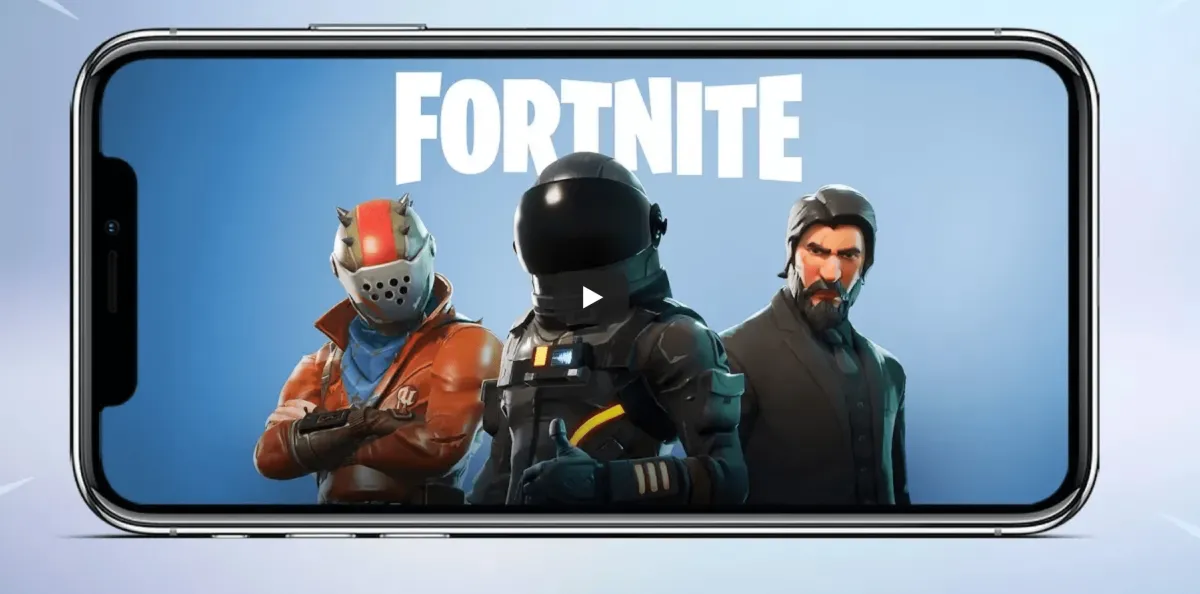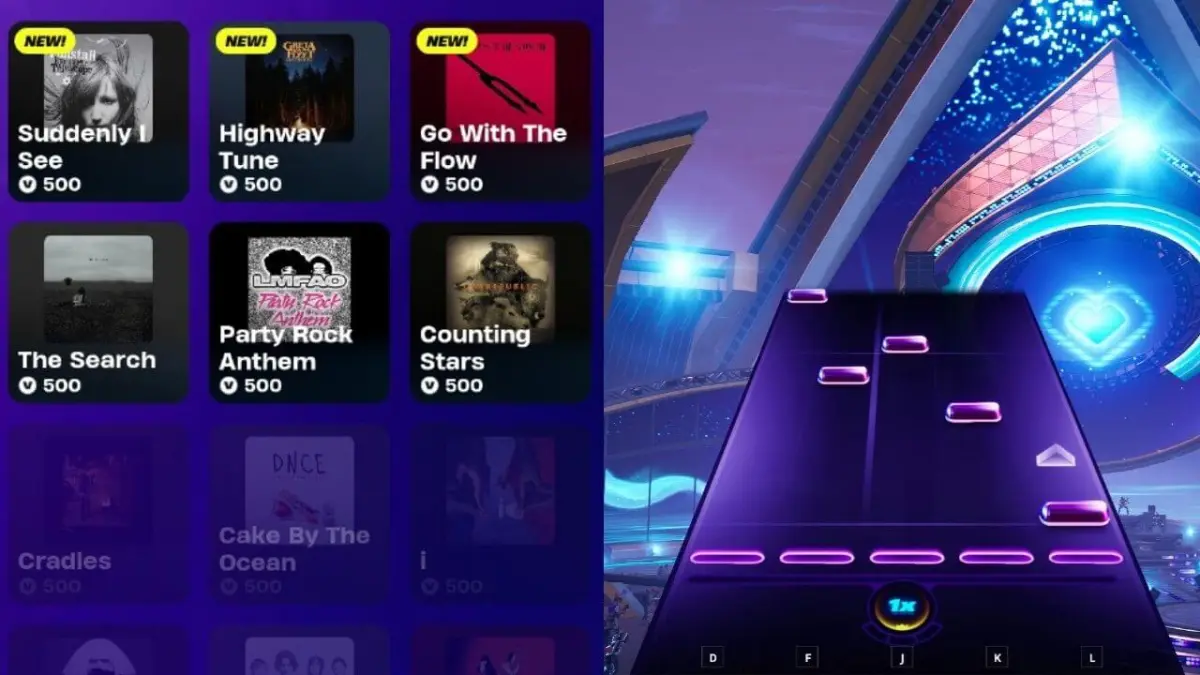Apple filed a 65-page response to Epic’s lawsuit against it today.
The claim provided specific answers to Epic’s many allegations and filed a number of claims against Epic, including a claim that the company breached its contract with Apple when it refused to adhere to the rules set out in the App Store developer agreement. In addition to financial damages, Apple is also seeking an injunction against Epic’s use of unauthorized external payment mechanisms in its apps going forward.
“Although Epic portrays itself as a modern corporate Robin Hood, in reality it is a multi-billion dollar enterprise that simply wants to pay nothing for the tremendous value it derives from the App Store,” Apple said in the introductory statement of its answer and countersuit. “Epic’s demands for special treatment and cries of ‘retaliation’ cannot be reconciled with its flagrant breach of contract and its own business practices, as it rakes in billions by taking commissions on game developers’ sales and charging consumers up to $99.99 for bundles of V-Bucks.”
Epic has generated upward of $600 million directly from the App Store, according to Apple. Despite this tremendous sum of money, Epic apparently wanted more.
Apple claims that Epic pushed a “trojan horse” hotfix on Aug. 13 to the iOS version of Fortnite. In reality, the hotfix launched a system that allowed Epic to externally bypass Apple’s App Store when it came to collecting income from in-app purchases. Functionally, this meant Epic could sell in-app items and currency without giving Apple its 30-percent cut. In response, Apple removed Fortnite from the App Store later that day.
Following the removal of the game, Epic filed a civil antitrust suit against Apple in the U.S. District Court for the Northern District of California, alleging that Apple’s App Store violates the Sherman Act of 1890, which barred anticompetitive behavior.
“Apple has a monopoly in the iOS App Distribution Market.” Epic’s lawsuit said. “This is because the App Store is the sole means by which apps may be distributed to consumers in that market. Apple’s anti-competitive conduct forecloses all potential competitors for entering the iOS App Distribution Market.”
In today’s response, Apple thoroughly answers each of Epic’s claims against it. Most notably, Apple fired back at the claim the App Store is a monopoly, explaining that Fortnite is available of PC, consoles, Android, and iOS, so there’s already significant competition in the marketplace.
Apple filed seven of its own counts against Epic, including breach of contract, breach of implied covenant of good faith and fair dealing, and unjust enrichment. In addition to monetary compensation, the company is requesting that the court explicitly prevent Epic from creating external mechanisms to circumnavigate the App Store.






Published: Sep 8, 2020 04:54 pm